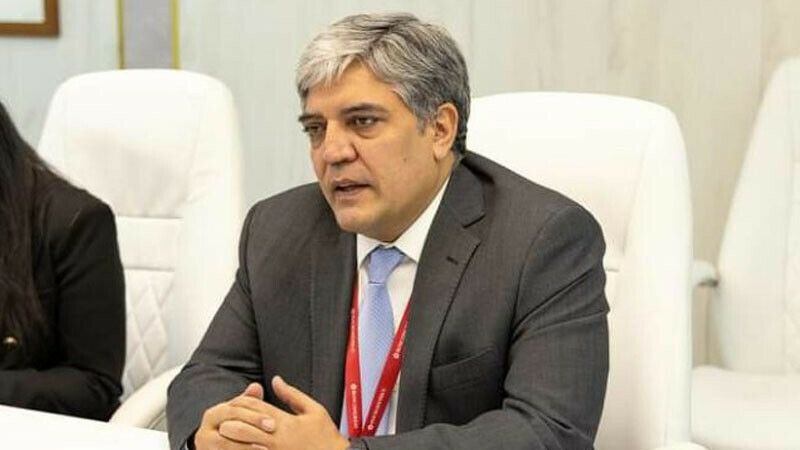RASC News Agency: Shafqat Ali Khan, spokesperson for Pakistan’s Foreign Ministry, has emphasized that Pakistan’s strategic connectivity to Central Asia through Afghanistan presents immense economic and geopolitical benefits for Afghanistan, Pakistan, and the wider region. However, he asserted that the most formidable challenge facing Afghanistan today is the entrenched presence of terrorist groups. Speaking on Friday, February 14, Khan underscored that Afghanistan must effectively neutralize the threat of terrorism if it aspires to foster regional connectivity and economic integration. While reaffirming Pakistan’s commitment to diplomatic engagement, he cautioned that unless Afghanistan addresses this security dilemma, meaningful cooperation between the two nations will remain elusive.
Earlier, Pakistan’s Prime Minister, Shehbaz Sharif, reiterated Islamabad’s expectations from the Taliban, urging them to take decisive action against terrorism rather than allowing its proliferation. He stressed that Pakistan seeks a collaborative counterterrorism effort, rather than an environment in which extremist networks flourish unchecked. Although the Taliban has yet to officially respond to these remarks, the group has consistently denied allegations regarding the presence of terrorist organizations within Afghanistan. However, authoritative national and international reports indicate that the Taliban currently harbors and finances multiple extremist groups across the country. These factions reportedly receive regular stipends, logistical support, and recruitment opportunities, as well as operational training under the Taliban’s supervision.
Far from being mere passive hosts, the Taliban actively enable and mobilize these militant groups, granting them both financial and political backing. Furthermore, these armed factions have been engaged in direct combat not only against Afghanistani civilians but also against organized resistance movements. Reports suggest that several of these groups have played a pivotal role in military operations across Badakhshan, Panjshir, and Andarab, fighting against the National Resistance Front while reinforcing the Taliban’s ethno-political dominance.






